Daniel Kelly, Janet Protasiewicz on health orders, 2020 vote
The 2023 candidates for a Wisconsin Supreme Court seat share their perspectives about rulings on public health powers during the COVID-19 pandemic and the outcome of the 2020 presidential election.
By Zac Schultz | Here & Now
March 16, 2023
In May 2020, the world was in lockdown.
The COVID-19 pandemic was only a few months old, vaccines were months away, and any political unity about how to stop the spread of the coronavirus was gone.
Gov. Tony Evers’ emergency authority lapsed after 60 days. When Andrea Palm, his Secretary-designee for the Wisconsin Department of Health Services, tried to reissue emergency “Safer at Home” orders, the Republicans in the Legislature filed a lawsuit. They said the orders were a rule and should go through the rulemaking process, which would allow Republicans to kill the orders.
“So, as you know, the opinion of the court was that the “Safer at Home” order did not follow the rules for promulgating a new rule. As a result, it was an unlawful order,” said Daniel Kelly, who is running in the 2023 spring election for Wisconsin Supreme Court.
Kelly was on the high court at the time. He had lost his bid for reelection a month earlier, but his term went through August. He cast the deciding vote in a fractured 4-3 decision.
“Justice Rebecca Bradley and I wrote separately to address the constitutionality problem,” Kelly said. “And, so the way we look at, is we saw an executive branch agency making the law, and that’s something that our constitution gives only to the Legislature.”
Janet Protasiewicz, the other 2023 candidate for the state Supreme Court, was much less willing to stake out a position, even though the liberal dissent in the case said the majority ruling would likely result in additional deaths in Wisconsin.
“I don’t know, and I’ll tell you this. Obviously, I’ve got a lot of concerns about public safety, but executive orders and extending executive orders — those are interesting, complicated, intricate cases,” Protasiewicz said. “So I’m not just going to pull a rabbit out of a hat and say one side or the other, because I really am contemplative and I like to think about the law and think about all of the issues.”
Seven months later, another significant case came to the state Supreme Court — Trump v. Biden — in which then-President Donald Trump’s campaign sought to overturn the results of the presidential election in Wisconsin by tossing out thousands of absentee ballots in Dane and Milwaukee counties.
With Kelly off the court, the three liberals and Justice Brian Hagedorn ruled 4-3 they would not hear the case, sealing Trump’s loss.
Kelly was vague about whether he would have taken the case.
“I think there were a couple of important questions that were embedded in those cases. You know, things about ballot drop boxes, ballot harvesting — they were subsequently answered in follow-on cases. But I don’t think there was any reason they shouldn’t have been answered in those cases. I don’t know that it would have changed the result at all. But as a question of law, obviously those questions were going to have to get answered at some point,” said Kelly.
Recent reporting has shown that during that time, Kelly was actually advising the Republican Party of Wisconsin on their slate of fake electors that would have counted for Trump on January 6, 2021 if his lawsuit was successful.
Protasiewicz says Kelly’s actions leave little doubt how he would have voted.
“He was recently touring the state, with, of all people, of all people, Michael Gabelman, on an ‘election integrity’ tour,” said Protasiewicz. “What were they trying to do? Peddle the big lie that the 2020 election was stolen? We all know that election wasn’t stolen.”
 Passport
Passport




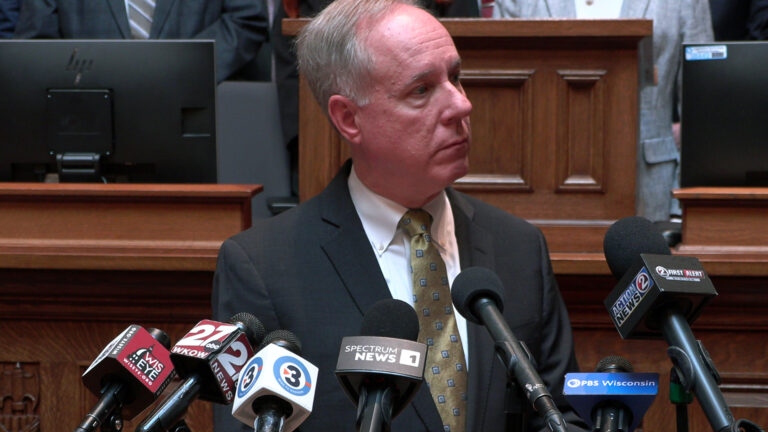

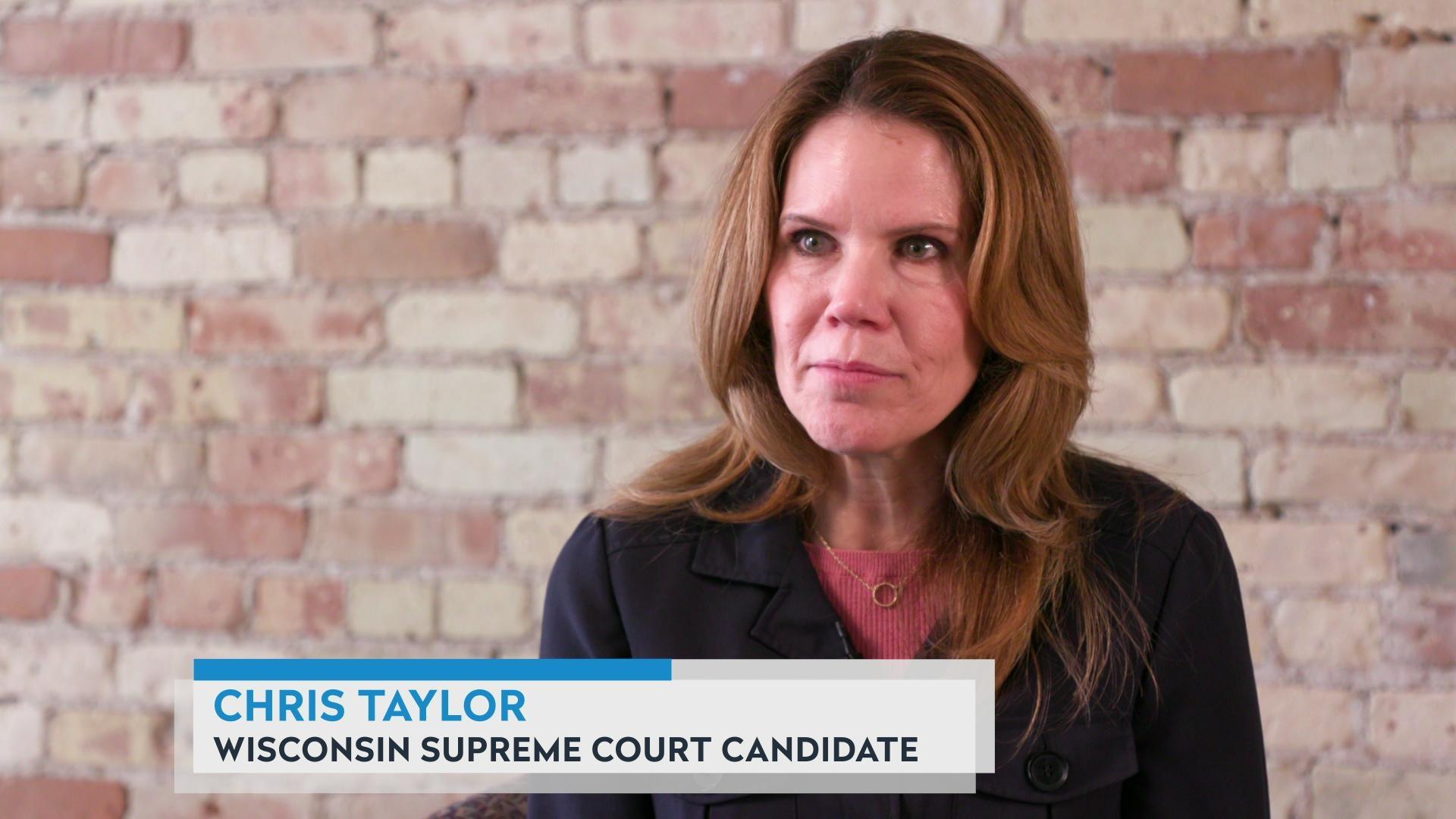
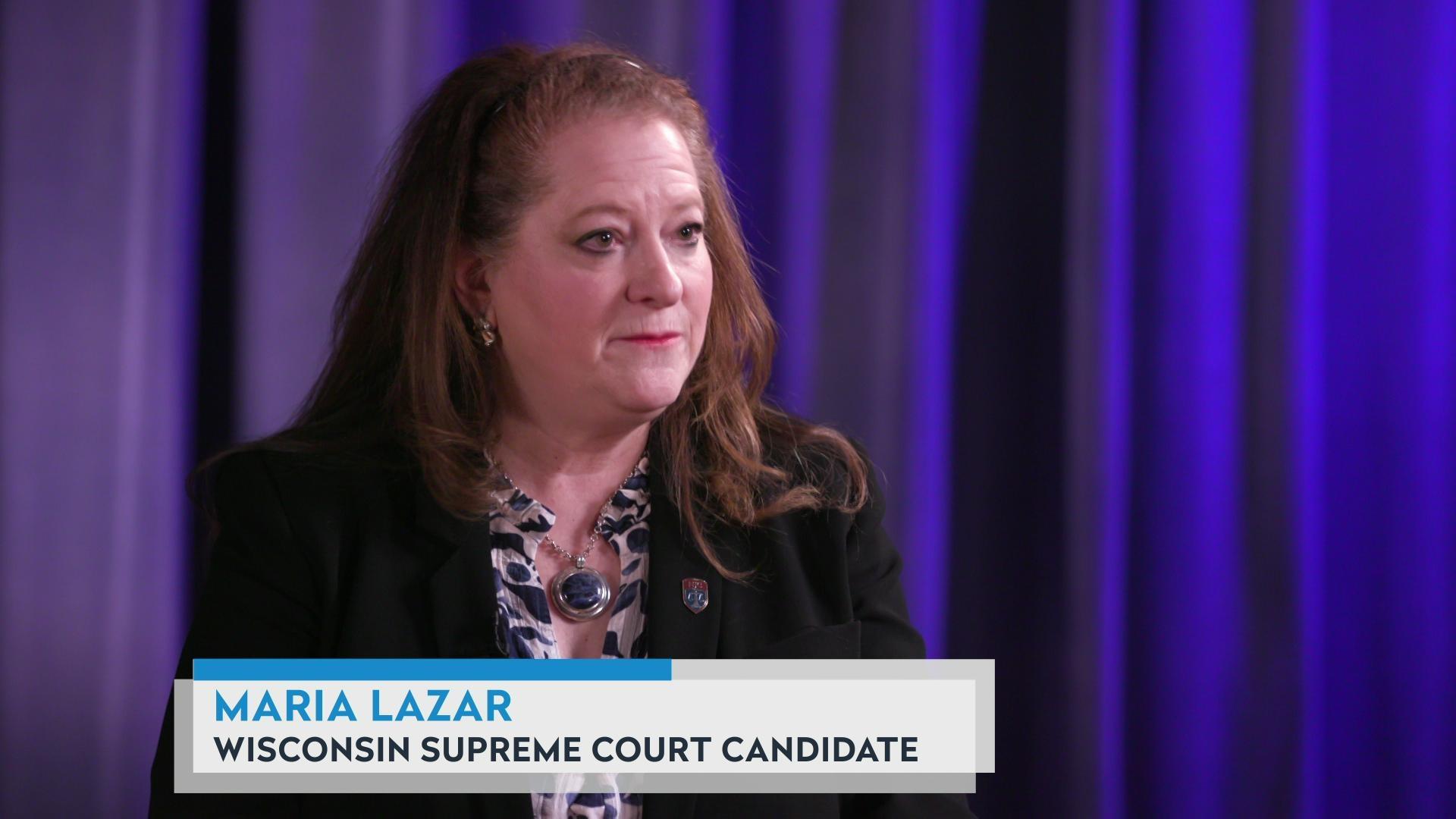
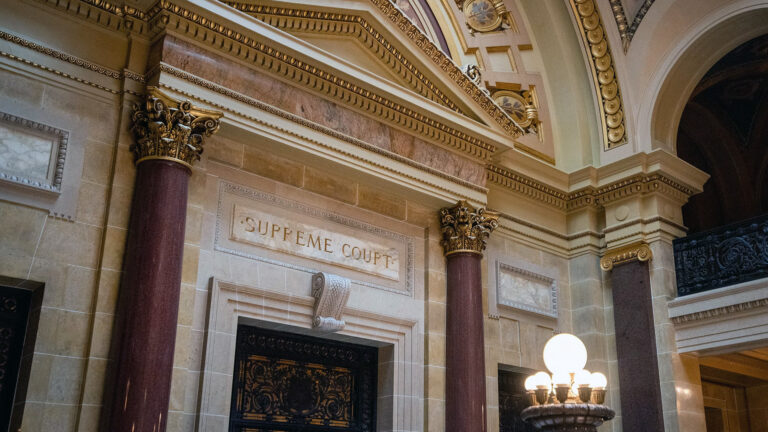
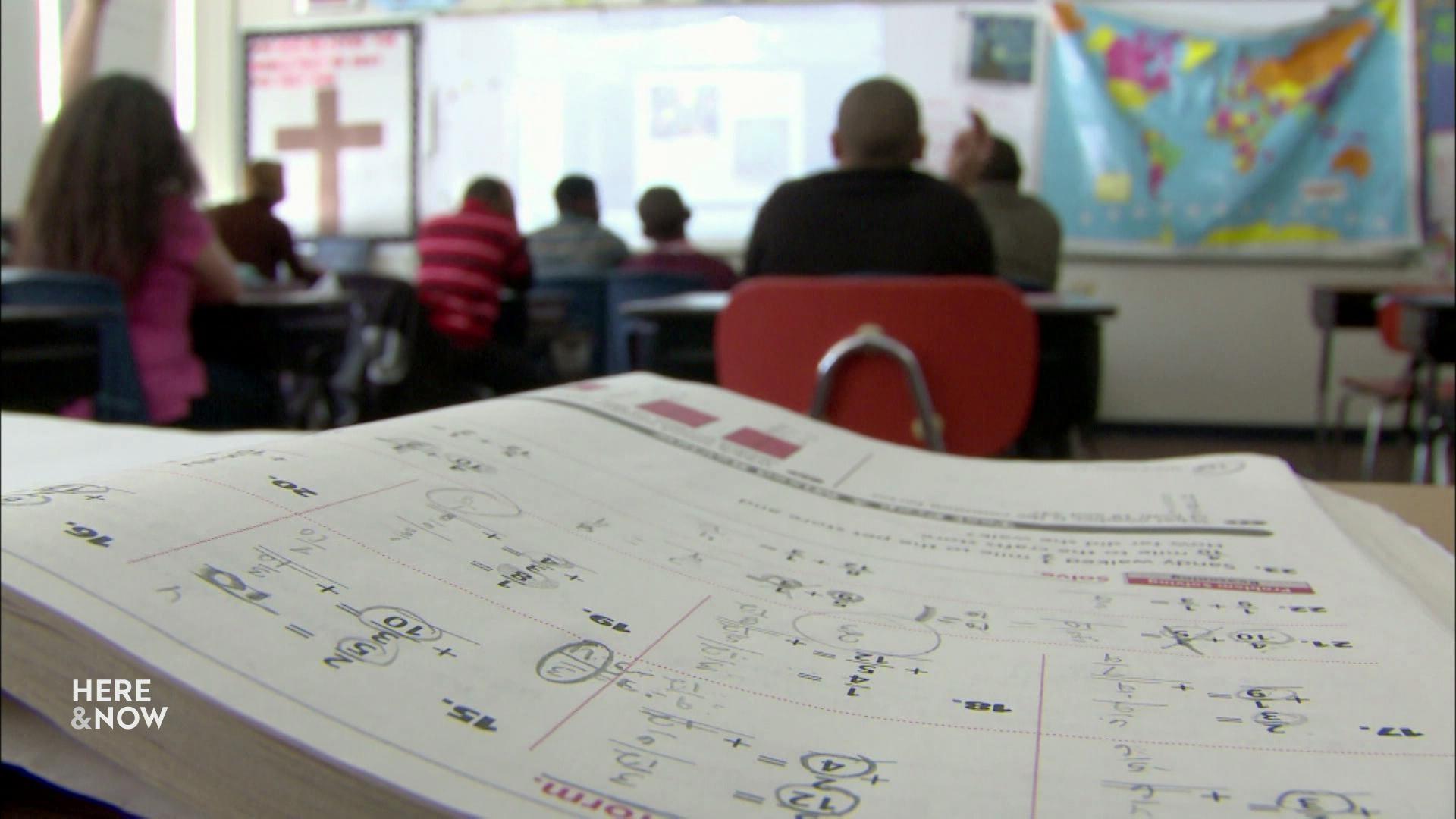

Follow Us